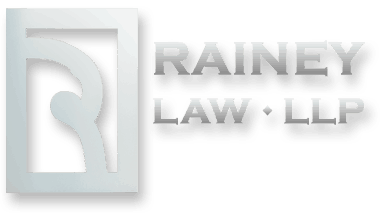 We recently met with a couple whose trust was more than 10 years old (see our article on when to have your estate plan reviewed). A lot of life happened during 10 years and the clients got busy and failed to put 6 assets in their trust. Failure to title the couples’ property in their trust could have triggered a lengthy and expensive probate had the couple died without making it to our offices to get all assets in their trust.
We recently met with a couple whose trust was more than 10 years old (see our article on when to have your estate plan reviewed). A lot of life happened during 10 years and the clients got busy and failed to put 6 assets in their trust. Failure to title the couples’ property in their trust could have triggered a lengthy and expensive probate had the couple died without making it to our offices to get all assets in their trust.
Remember, your trust is will be of little value if you fail to place all assets in the name of your trust after its creation.
5 Reasons to Ensure All Your Assets are Included in Your Trust:
Reason #1: Avoid Lengthy Probate. Assets left in your name after death generally require probate. Probate is inefficient and can take months or years to complete depending on creditor’s claims and challenges from heirs and beneficiaries.
Reason #2: Avoid Probate Expenses. Not only is probate slow, it can also be expensive. The average probate in the U.S. costs around 10-15% of the estate (i.e. an estate worth $200,000 could owe $30,000 in attorneys fees).
Reason #3: Own, Manage, and Control Assets Under a Single Document. Placing payable on death (POD) or transfer on death (TOD) assets into your trust reduces red tape. Funneling POD and TOD assets into your trust streamlines distribution, because one document controls distribution. Otherwise, the trustee must navigate various financial institution documents to determine who gets what. Making your Trust an owner, contingent owner, or beneficiary of the POD or TOD asset eliminates hassle and confusion.
Reason #4: Control of Your Estate. Transferring all your assets into your trust ensures your wishes are carried out. Trust terms control the assets in the trust. For example: If you name one individual on a payable-on-death or joint account, nothing requires the beneficiary to share the asset with other loved ones, even if you intended to divide the asset. Transferring ownership or changing the primary beneficiary to your trust ensures your trust controls distribution.
Reason #5: Peace of Mind. Life is unpredictable; a trust protects your assets from the unexpected. Placing assets into your trust with its supporting documents prevents unexpected events from hindering your estate plan, such as incapacity, catastrophes, predeceasing beneficiaries, or changing laws.
Transferring assets to your trust is easy and straightforward, but we can make it easier. We’re pleased to schedule a free consultation at our offices to review your estate planning documents. Contact us at 405-753-1504 to schedule your appointment today!
If you have no estate plan in place, click here to learn more about what an estate plan can accomplish for you. Visit our website or watch here to learn more about Rainey Law and how we can serve you!




